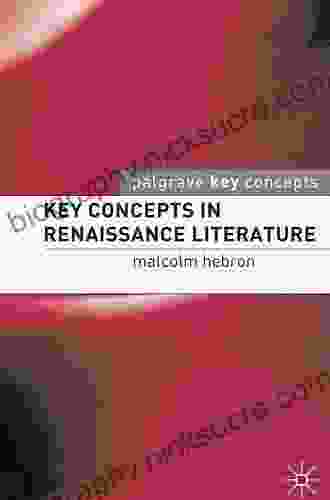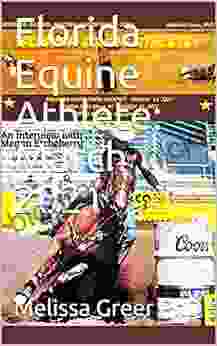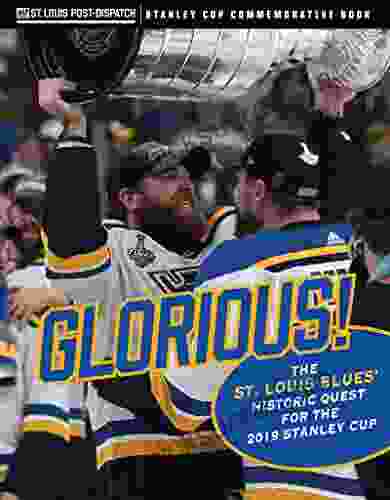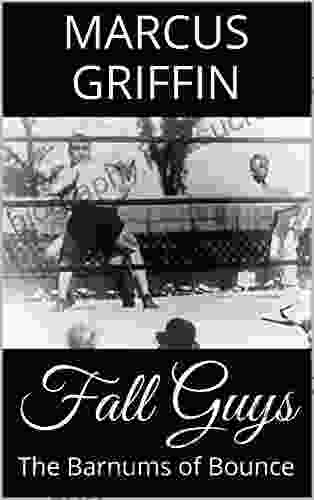Unveiling the Key Concepts in Renaissance Literature: A Comprehensive Exploration

The Renaissance, a period of profound intellectual and artistic awakening, left an indelible mark on the literary landscape of Western civilization. From the resurgence of classical ideals to the rise of new religious and social paradigms, Renaissance literature reflected the dynamic spirit of the times. This article aims to provide a comprehensive overview of the key concepts that underpin this literary era.
5 out of 5
| Language | : | English |
| File size | : | 1120 KB |
| Text-to-Speech | : | Enabled |
| Screen Reader | : | Supported |
| Enhanced typesetting | : | Enabled |
| Print length | : | 294 pages |
Humanism
Humanism, the cornerstone of Renaissance thought, emphasized the inherent dignity and potential of human beings. Inspired by ancient Greek and Roman philosophers, Renaissance humanists rejected the medieval focus on otherworldly concerns and instead celebrated the beauty and wonder of the natural world and the limitless possibilities of human reason and creativity.
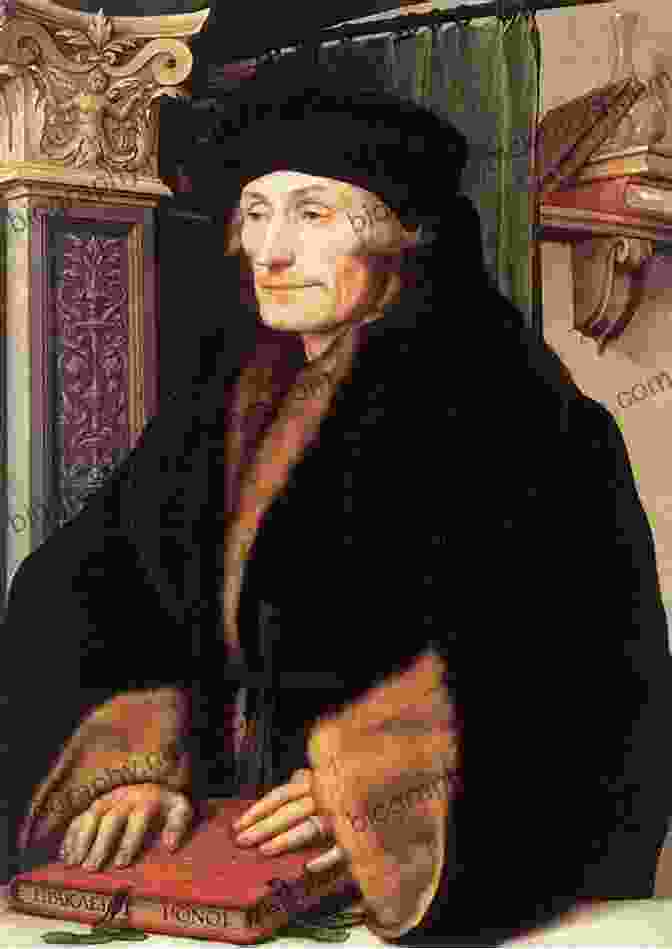
Individualism
Closely intertwined with Humanism was the rise of individualism, a shift away from the collectivist values of the Middle Ages towards a newfound appreciation for the uniqueness and self-worth of each individual. This concept found expression in the rise of the autobiographical and confessional genres of writing, where authors explored their personal experiences and perspectives.
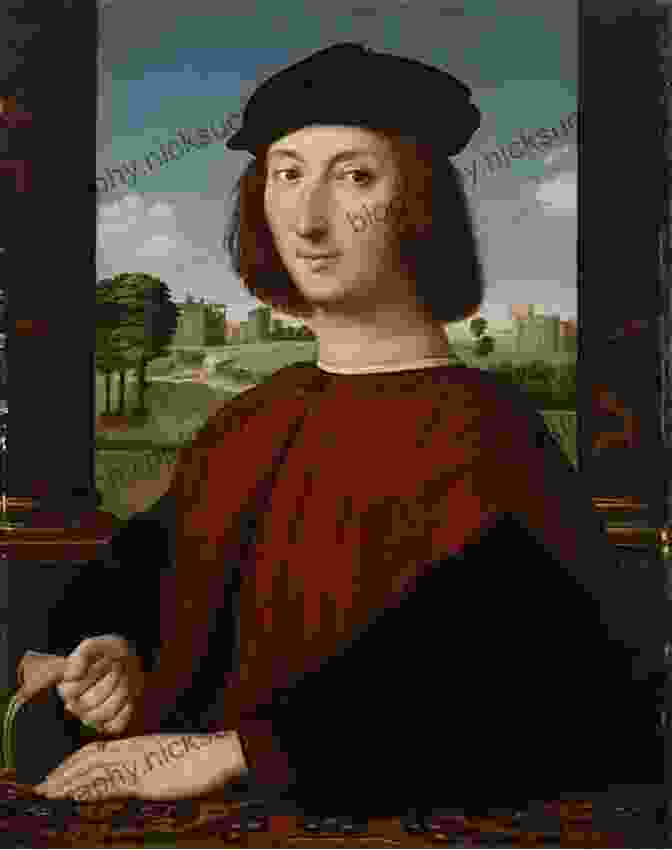
Reformation
The Reformation, a religious movement that emerged in the 16th century, had a profound impact on Renaissance literature. The Protestant Reformation, led by Martin Luther and John Calvin, challenged the authority of the Catholic Church and emphasized the importance of individual faith and interpretation of the Bible. This religious upheaval found its way into literary works, which often explored themes of religious doubt, persecution, and the search for spiritual meaning.
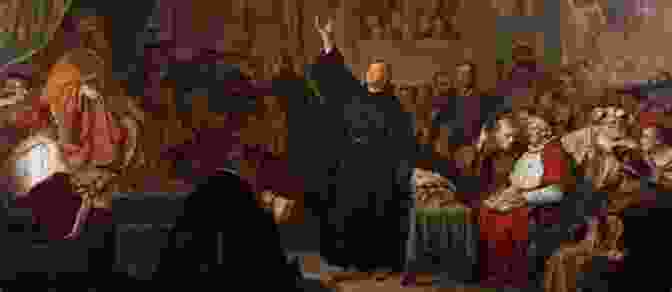
Neoplatonism
Neoplatonism, a philosophical movement that originated in ancient Greece, enjoyed a revival during the Renaissance. Neoplatonic ideas influenced Renaissance literature by emphasizing the transcendent beauty and perfection of the Divine, the idea of love as an ascending force, and the notion of the chain of being, which connected all levels of existence.
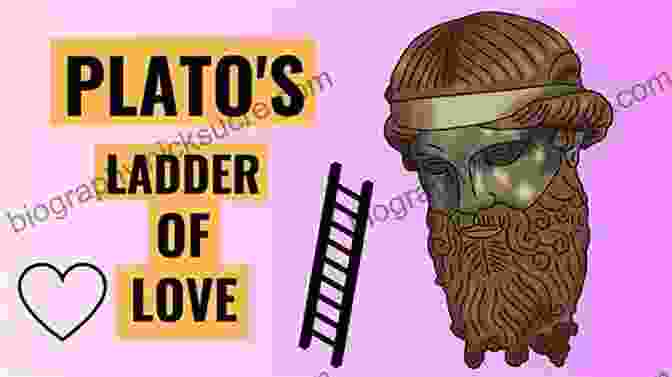
Courtly Love
The concept of courtly love, which had its origins in the Middle Ages, continued to exert an influence on Renaissance literature. Courtly love idealized the unattainable love between a knight and a noblewoman, often involving elaborate rituals of courtship and the expression of unrequited longing.
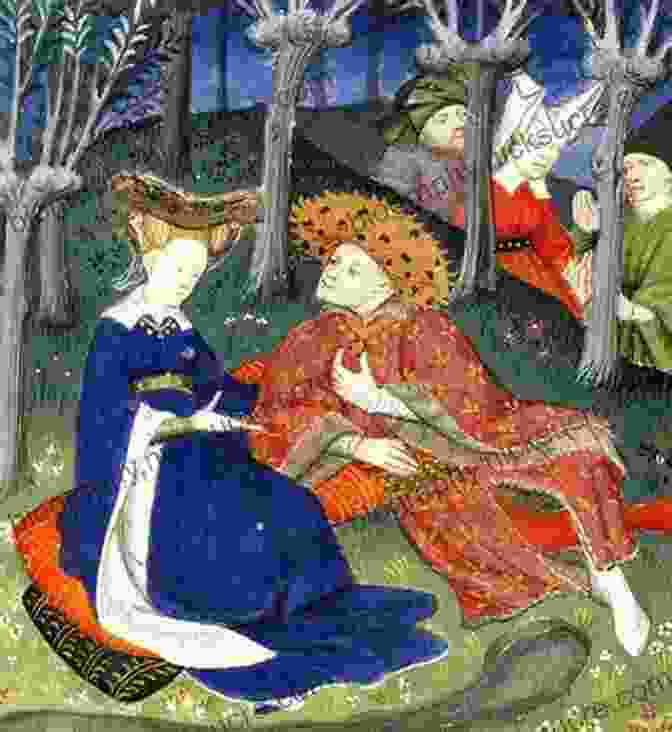
Pastoralism
Pastoralism, a literary genre that idealized the simple life of shepherds and shepherdesses, gained popularity during the Renaissance. Pastoral works often depicted a peaceful and idyllic countryside, providing an escape from the complexities of urban life and a reflection on the fundamental aspects of human nature.
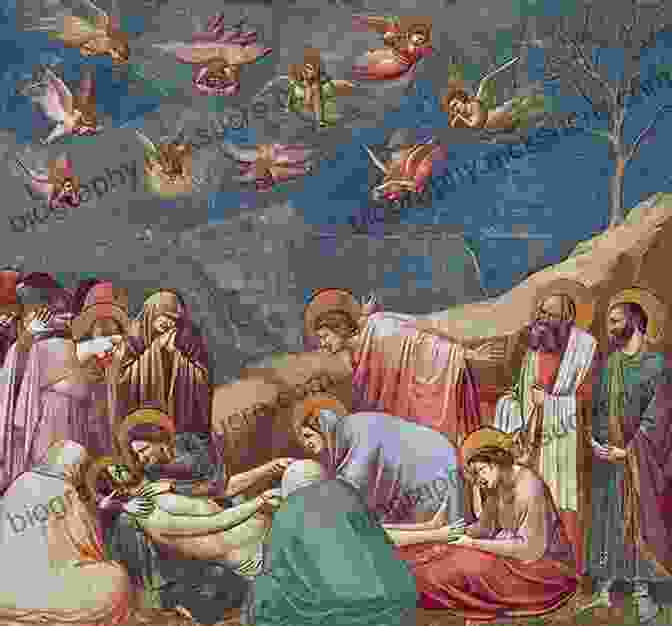
Secularism
The Renaissance marked a gradual shift towards secularism, a move away from religious dominance and towards a greater focus on worldly concerns. This trend was reflected in literature, which increasingly explored themes of love, adventure, and the human experience outside of a strictly religious context.
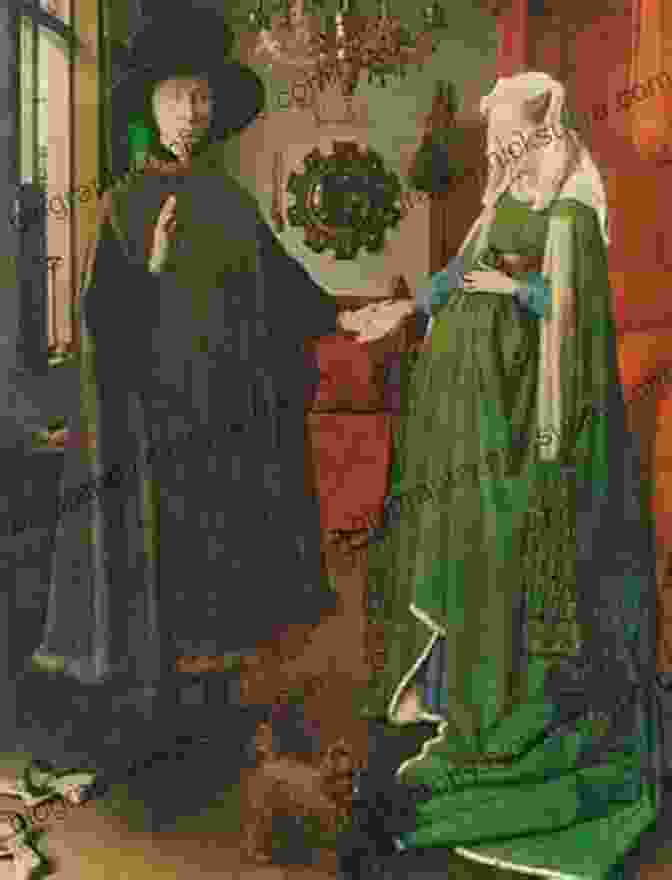
Symbolism
Symbolism played a vital role in Renaissance literature. Authors used symbols to represent abstract concepts, emotions, and ideas. Common symbols included animals, plants, colors, and mythological figures, each carrying a specific meaning within the context of the work.
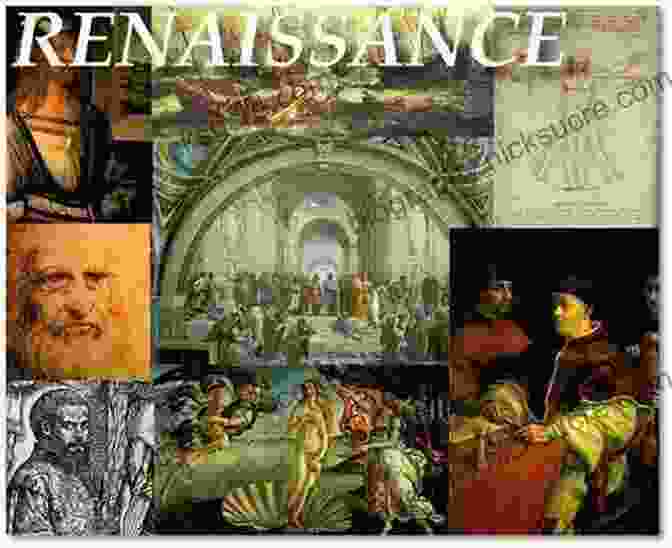
Allegory
Allegory, a literary device that uses a story to convey a hidden or symbolic meaning, was widely employed in Renaissance literature. Allegorical works often had a multi-layered structure, with characters and events representing different levels of meaning.
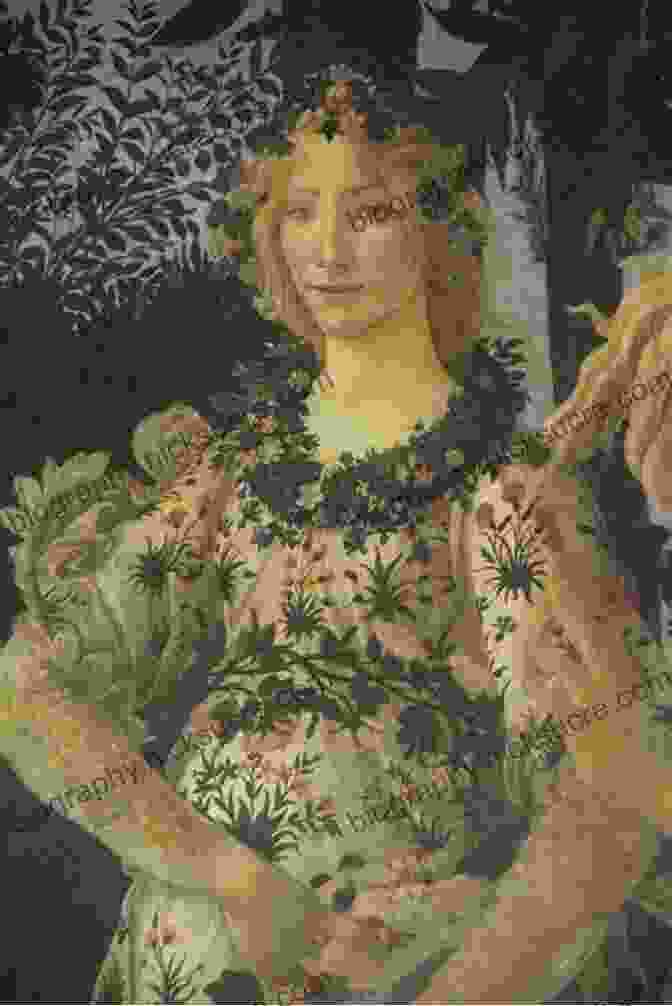
Lyric Poetry
Lyric poetry, which expresses the personal emotions and reflections of the speaker, flourished during the Renaissance. Lyric poems often explored themes of love, loss, nature, and the human condition. Notable Renaissance lyric poets include William Shakespeare, John Milton, and Edmund Spenser.
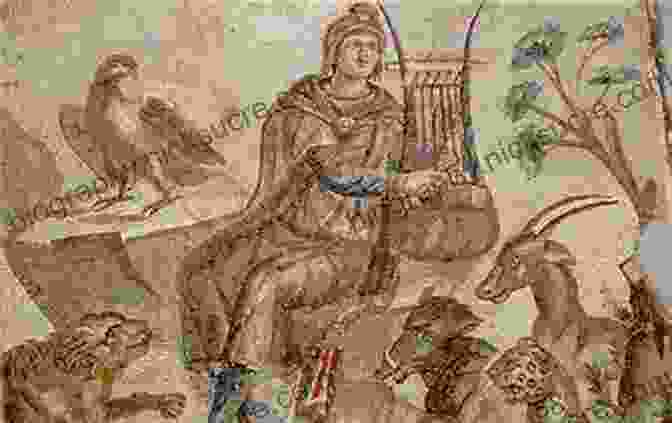
Epic Poetry
Epic poetry, which tells a grand and heroic story, experienced a revival during the Renaissance. Renaissance epics often celebrated national identities, explored historical events, and recounted mythical tales. Famous Renaissance epics include Edmund Spenser's "The Faerie Queene" and John Milton's "Paradise Lost."
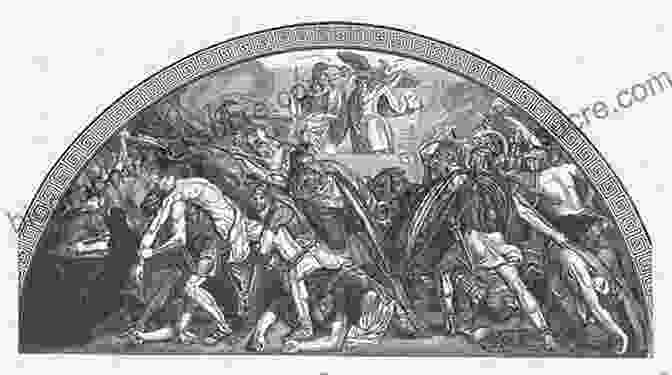
Drama
Drama, particularly theater, reached new heights during the Renaissance. Elizabethan drama, exemplified by the works of William Shakespeare, explored a wide range of human experiences and emotions, from comedy to tragedy. Italian Renaissance drama, such as the plays of Niccolò Machiavelli, focused on political intrigue and the darker aspects of human nature.
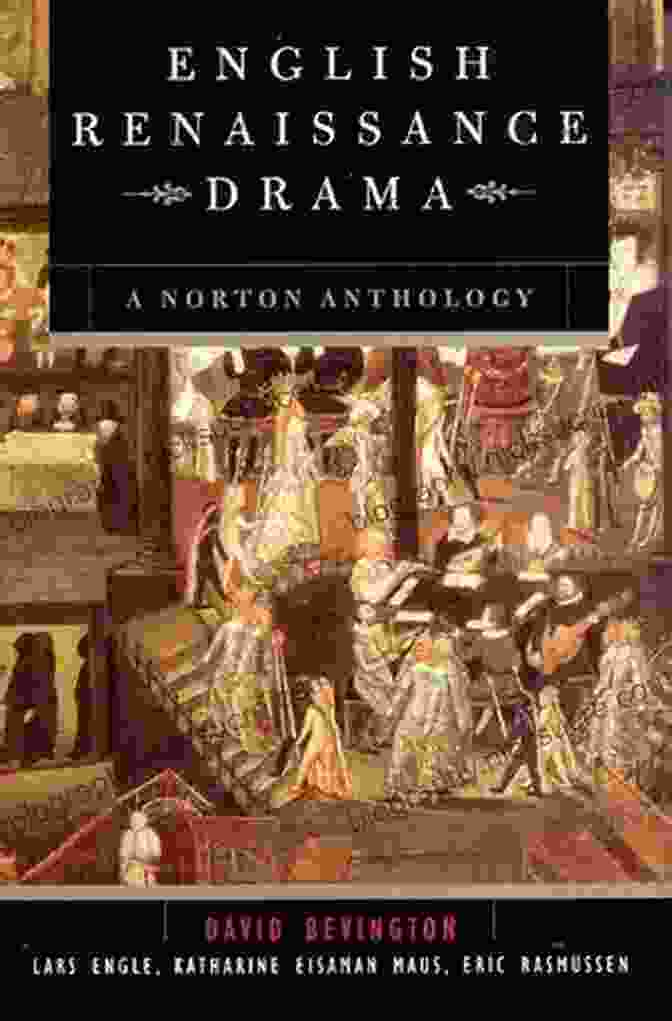
The key concepts of Renaissance literature, from Humanism to Drama, reflect the multifaceted spirit of this transformative period. By exploring these concepts, we gain a deeper understanding of the literature, art, and intellectual currents that shaped the Renaissance and continue to influence our world today. As we delve into the intricacies and
5 out of 5
| Language | : | English |
| File size | : | 1120 KB |
| Text-to-Speech | : | Enabled |
| Screen Reader | : | Supported |
| Enhanced typesetting | : | Enabled |
| Print length | : | 294 pages |
Do you want to contribute by writing guest posts on this blog?
Please contact us and send us a resume of previous articles that you have written.
 Fiction
Fiction Non Fiction
Non Fiction Romance
Romance Mystery
Mystery Thriller
Thriller SciFi
SciFi Fantasy
Fantasy Horror
Horror Biography
Biography Selfhelp
Selfhelp Business
Business History
History Classics
Classics Poetry
Poetry Childrens
Childrens Young Adult
Young Adult Educational
Educational Cooking
Cooking Travel
Travel Lifestyle
Lifestyle Spirituality
Spirituality Health
Health Fitness
Fitness Technology
Technology Science
Science Arts
Arts Crafts
Crafts DIY
DIY Gardening
Gardening Petcare
Petcare Robin Nixon
Robin Nixon Cary J Griffith
Cary J Griffith Barbara Kennard
Barbara Kennard Ray Comfort
Ray Comfort Casey Watson
Casey Watson Blair Braverman
Blair Braverman James Duggan
James Duggan Daniel S Lobel Phd
Daniel S Lobel Phd Barbara Neiman
Barbara Neiman Jay Abramson
Jay Abramson Jake Anderson
Jake Anderson John D Barrow
John D Barrow David Taylor
David Taylor Linda Carroll
Linda Carroll Edith Grossman
Edith Grossman Scott Malthouse
Scott Malthouse Jessica F Shumway
Jessica F Shumway Jenna Helland
Jenna Helland Wayne B Chandler
Wayne B Chandler James Kilgo
James Kilgo Suzanne Leonhard
Suzanne Leonhard Beth Miller
Beth Miller T C Edge
T C Edge Barbara Illowsk
Barbara Illowsk Anthony Edwards
Anthony Edwards Brian Gilbert
Brian Gilbert Erica B Marcus
Erica B Marcus Richard Chun
Richard Chun Tara Brach
Tara Brach Ben Collins
Ben Collins Massimo Cossu Nicola Pirina
Massimo Cossu Nicola Pirina Benita Bensch
Benita Bensch Eugene V Resnick
Eugene V Resnick David Burch
David Burch J C Cervantes
J C Cervantes Joshua Hammer
Joshua Hammer Melissa Haag
Melissa Haag Shannon Reilly
Shannon Reilly Chase Hill
Chase Hill Lynn Rosen
Lynn Rosen Valerie Pollmann R
Valerie Pollmann R Scott Westerfeld
Scott Westerfeld V B Alekseev
V B Alekseev Chris Mooney
Chris Mooney Rachel Dash
Rachel Dash Jennifer Traig
Jennifer Traig Mike High
Mike High Peter K Tyson
Peter K Tyson Smart Reads
Smart Reads Bridget Flynn Walker Phd
Bridget Flynn Walker Phd Hill Gates
Hill Gates Deanna Roy
Deanna Roy Scott Mactavish
Scott Mactavish Elizabeth George Speare
Elizabeth George Speare Erica Schultz
Erica Schultz Edwin R Sherman
Edwin R Sherman James Randi
James Randi Jeff Belanger
Jeff Belanger Kindle Edition
Kindle Edition Bill Milliken
Bill Milliken Debra Kilby
Debra Kilby Barbara Taylor
Barbara Taylor Eric Engle
Eric Engle Mike Loades
Mike Loades Beau Miles
Beau Miles Titus M Kennedy
Titus M Kennedy Emma Brockes
Emma Brockes Scarlett Thomas
Scarlett Thomas William Byers
William Byers Cynthia Levinson
Cynthia Levinson Bonnie Tsui
Bonnie Tsui Barry Rhodes
Barry Rhodes Bobbie Faulkner
Bobbie Faulkner Eric Leiser
Eric Leiser Max Marchi
Max Marchi Meghan L Marsac
Meghan L Marsac Tim Marshall
Tim Marshall John J Robinson
John J Robinson Tom Miller
Tom Miller Susan Scott
Susan Scott Lily Collins
Lily Collins Joseph Alton M D
Joseph Alton M D Suzanne Wylde
Suzanne Wylde Conor Nolan
Conor Nolan Diane Yancey
Diane Yancey Fred Mitchell
Fred Mitchell Beebe Bahrami
Beebe Bahrami Matt Taddy
Matt Taddy Marco Grandis
Marco Grandis Constanze Niedermaier
Constanze Niedermaier John Lister Kaye
John Lister Kaye John Garrity
John Garrity Brad Burns
Brad Burns Philip Maffetone
Philip Maffetone Shmuel Peerless
Shmuel Peerless Reprint Edition Kindle Edition
Reprint Edition Kindle Edition Julie Buxbaum
Julie Buxbaum Nicholas Wolterstorff
Nicholas Wolterstorff Mark Young
Mark Young Dr Faith G Harper
Dr Faith G Harper Ellen Lewin
Ellen Lewin Luke Gilkerson
Luke Gilkerson Larry Dane Brimner
Larry Dane Brimner Yuval Noah Harari
Yuval Noah Harari Mackenzi Lee
Mackenzi Lee Barbara Bassot
Barbara Bassot Marshall Jon Fisher
Marshall Jon Fisher Vanessa Ogden Moss
Vanessa Ogden Moss Catherine Shainberg
Catherine Shainberg Diane Cardwell
Diane Cardwell Master Gamer
Master Gamer Charlotte Booth
Charlotte Booth Beau Bradbury
Beau Bradbury S K Gupta
S K Gupta Victor Seow
Victor Seow John Quick
John Quick Patrick Sweeney
Patrick Sweeney Lynn Mann
Lynn Mann Candice Davie
Candice Davie Rick Joyner
Rick Joyner Debbie M Schell
Debbie M Schell Paul Doiron
Paul Doiron Prince Asare
Prince Asare Charlotte Browne
Charlotte Browne Jean Smith
Jean Smith Rowan Jacobsen
Rowan Jacobsen Charles River Editors
Charles River Editors Ronald Wheeler
Ronald Wheeler Nick Townsend
Nick Townsend Mark Rashid
Mark Rashid Craig Lambert
Craig Lambert Lew Freedman
Lew Freedman Grey Owl
Grey Owl Thomas Bulfinch
Thomas Bulfinch Martin Sternstein
Martin Sternstein Leslie Stager
Leslie Stager C R Hallpike
C R Hallpike John Henry Phillips
John Henry Phillips Crystal Duffy
Crystal Duffy Molly E Lee
Molly E Lee Timothy Pakron
Timothy Pakron David A Bogart
David A Bogart Elizabeth Lockwood
Elizabeth Lockwood Ryan Higa
Ryan Higa Elliott Vandruff
Elliott Vandruff Jim Fay
Jim Fay Siddhartha Rao
Siddhartha Rao Catherine J Allen
Catherine J Allen Mike Commito
Mike Commito Rachel Morgan
Rachel Morgan Gary Lincoff
Gary Lincoff Mike Swedenberg
Mike Swedenberg Chris Bennett
Chris Bennett Nadine Hays Pisani
Nadine Hays Pisani Jeffrey Jensen Arnett
Jeffrey Jensen Arnett Craig Martin
Craig Martin Pearson Education
Pearson Education Jeremy Sweet
Jeremy Sweet Bill Mckibben
Bill Mckibben Gary Soto
Gary Soto Geert Hofstede
Geert Hofstede Chris Eberhart
Chris Eberhart Sam Kean
Sam Kean Donald R Gallo
Donald R Gallo Scott Reed
Scott Reed Jean Illsley Clarke
Jean Illsley Clarke Muhammad Zulqarnain
Muhammad Zulqarnain David Thomas
David Thomas Jennifer Pharr Davis
Jennifer Pharr Davis Kara Tippetts
Kara Tippetts Kyle Butler
Kyle Butler James Duthie
James Duthie Malcolm Hebron
Malcolm Hebron Mitch Prinstein
Mitch Prinstein Vincent Bossley
Vincent Bossley Cheryl Erwin
Cheryl Erwin Marie Rutkoski
Marie Rutkoski W Hamilton Gibson
W Hamilton Gibson Percy Boomer
Percy Boomer Laura Ingalls Wilder
Laura Ingalls Wilder Allan V Horwitz
Allan V Horwitz Craig Romano
Craig Romano Daniel M Koretz
Daniel M Koretz Alexandra Andrews
Alexandra Andrews Michael Wood
Michael Wood Donald Frias
Donald Frias Chadd Vanzanten
Chadd Vanzanten Jayanti Tambe
Jayanti Tambe Edward Lee
Edward Lee Boy Scouts Of America
Boy Scouts Of America Dacher Keltner
Dacher Keltner Jonathan Bergmann
Jonathan Bergmann Jessica Smartt
Jessica Smartt Cindy Post Senning
Cindy Post Senning Thomas Lumley
Thomas Lumley Harvey Wittenberg
Harvey Wittenberg Mark Ellyatt
Mark Ellyatt Jack Newman
Jack Newman Breanna Hayse
Breanna Hayse Joseph Schmuller
Joseph Schmuller Temple West
Temple West Barbara Mertz
Barbara Mertz Bruce Pascoe
Bruce Pascoe Cait Stevenson
Cait Stevenson Barry Glassner
Barry Glassner S E Hinton
S E Hinton Kenton Kroker
Kenton Kroker Roy Porter
Roy Porter Mike Stanton
Mike Stanton Bob Holtzman
Bob Holtzman Isabel Fonseca
Isabel Fonseca Vanessa Garbin
Vanessa Garbin Peter Wacht
Peter Wacht Mia Scotland
Mia Scotland Rebecca Rupp
Rebecca Rupp Jade Barrett
Jade Barrett Jeff Alt
Jeff Alt James M Collins
James M Collins Mark Mayfield
Mark Mayfield Susan Nance
Susan Nance Daniel P Huerta
Daniel P Huerta Chuck Missler
Chuck Missler Bb
Bb Lewis Thomas
Lewis Thomas Rachel Smith
Rachel Smith John Sandford
John Sandford Eric Franklin
Eric Franklin Ryan A Pedigo
Ryan A Pedigo Editors Of Southern Living Magazine
Editors Of Southern Living Magazine Ron Avery
Ron Avery Tori Day
Tori Day Bernard Marr
Bernard Marr Kate Williams
Kate Williams Visual Arts
Visual Arts Joseph Epes Brown
Joseph Epes Brown Jamie Margolin
Jamie Margolin Dave Rearwin
Dave Rearwin Charlie Shamp
Charlie Shamp Nina Manning
Nina Manning Alastair Hannay
Alastair Hannay Richard Scott
Richard Scott T H White
T H White Basu Shanker
Basu Shanker Burt L Standish
Burt L Standish J Bruce Brackenridge
J Bruce Brackenridge Ryan T White
Ryan T White Richard H Immerman
Richard H Immerman Emma Walker
Emma Walker John C Norcross
John C Norcross Guy P Harrison
Guy P Harrison Samantha Fitts
Samantha Fitts Christine Kenneally
Christine Kenneally Sam Harris
Sam Harris Randy Baker
Randy Baker Nicole Martin
Nicole Martin Gabriyell Sarom
Gabriyell Sarom Julian I Graubart
Julian I Graubart Barry Rabkin
Barry Rabkin Wanda Priday
Wanda Priday Hollis Lance Liebman
Hollis Lance Liebman Lawrence Baldassaro
Lawrence Baldassaro Fabien Clavel
Fabien Clavel Oliver T Spedding
Oliver T Spedding Farley Mowat
Farley Mowat Yuki Mano
Yuki Mano Ian Leslie
Ian Leslie Jenn Mcallister
Jenn Mcallister Janis Keyser
Janis Keyser Rachelle Zukerman
Rachelle Zukerman Geoffrey Finch
Geoffrey Finch Ping Li
Ping Li Carlo Collodi
Carlo Collodi Dan R Lynch
Dan R Lynch Pavla Kesslerova
Pavla Kesslerova Laura Pavlov
Laura Pavlov Charles Soule
Charles Soule Jude Currivan
Jude Currivan Simon Spurrier
Simon Spurrier P J Agness
P J Agness Rob Hutchings
Rob Hutchings Pat Shipman
Pat Shipman Mark H Newman
Mark H Newman Melissa Gomes
Melissa Gomes Stan Tekiela
Stan Tekiela Hunbatz Men
Hunbatz Men Roanne Van Voorst
Roanne Van Voorst Mark Twain
Mark Twain Joanna Hunt
Joanna Hunt Denton Salle
Denton Salle Helen Fisher
Helen Fisher Stephen J Bavolek
Stephen J Bavolek Shayla Black
Shayla Black Karen Bush
Karen Bush Emily Chappell
Emily Chappell Margaret Owen
Margaret Owen Ken Xiao
Ken Xiao Colleen Alexander Roberts
Colleen Alexander Roberts Christopher L Heuertz
Christopher L Heuertz Eddie Merrins
Eddie Merrins Mark Kurlansky
Mark Kurlansky Cara Koscinski
Cara Koscinski Rhonda Belle
Rhonda Belle Lock Gareth
Lock Gareth Richard J Dewhurst
Richard J Dewhurst Richard Meadows
Richard Meadows Khurshed Batliwala
Khurshed Batliwala John Kimantas
John Kimantas Joanne Glenn
Joanne Glenn Babu The Panda
Babu The Panda Linnea Dunne
Linnea Dunne Dr Michael P Masters
Dr Michael P Masters David Cockburn
David Cockburn Richard Harris
Richard Harris Ralph Galeano
Ralph Galeano Ben Povlow
Ben Povlow Brandon Royal
Brandon Royal F William Lawvere
F William Lawvere Leon Mccarron
Leon Mccarron Peter Martin
Peter Martin Nick Bollettieri
Nick Bollettieri Steven Rinella
Steven Rinella Ben Goldacre
Ben Goldacre Stanislas Dehaene
Stanislas Dehaene Sam Cowen
Sam Cowen Mary A Fristad
Mary A Fristad Sam Nadler
Sam Nadler Autumn Carpenter
Autumn Carpenter Rebecca Solnit
Rebecca Solnit Reelav Patel
Reelav Patel Paul Van Lierop
Paul Van Lierop Tami Anastasia
Tami Anastasia Baruch Englard
Baruch Englard David Abram
David Abram J Michael Veron
J Michael Veron William Wasserman
William Wasserman Jenny Chandler
Jenny Chandler Basudeb Bhatta
Basudeb Bhatta Jen Houcek
Jen Houcek Dave Karczynski
Dave Karczynski John Whitman
John Whitman George Macdonald
George Macdonald Sean Mcindoe
Sean Mcindoe Robin Mcmillan
Robin Mcmillan Ben Sedley
Ben Sedley Frederick Douglass Opie
Frederick Douglass Opie Print Replica Kindle Edition
Print Replica Kindle Edition Howard Zinn
Howard Zinn Joshua G Shifrin
Joshua G Shifrin Barry Burd
Barry Burd Rob Pope
Rob Pope Tim Ingold
Tim Ingold John Aldridge
John Aldridge Stephen K Sanderson
Stephen K Sanderson John H Mcwhorter
John H Mcwhorter Charles Buist
Charles Buist Dustin Salomon
Dustin Salomon Dr Craig Malkin
Dr Craig Malkin Leonard M Adkins
Leonard M Adkins Steven Bell
Steven Bell Ellen Notbohm
Ellen Notbohm Arnold G Nelson
Arnold G Nelson Mykel Hawke
Mykel Hawke Hongyu Guo
Hongyu Guo Michael Palin
Michael Palin Holger Schutkowski
Holger Schutkowski Barzin Pakandam
Barzin Pakandam Barry Friedman
Barry Friedman Susan Dennard
Susan Dennard David Aretha
David Aretha Martin Dugard
Martin Dugard Richard Weissbourd
Richard Weissbourd Janna Levin
Janna Levin Nick Neely
Nick Neely Bagele Chilisa
Bagele Chilisa Kara Goucher
Kara Goucher Daniel T Willingham
Daniel T Willingham Betty Stone
Betty Stone Gerald Beaudry
Gerald Beaudry Marc Loy
Marc Loy Bashir Hosseini Jafari
Bashir Hosseini Jafari Sampson Davis
Sampson Davis Erik J Brown
Erik J Brown Mike Allison
Mike Allison Gordon H Chang
Gordon H Chang Barry Johnston
Barry Johnston James Koeper
James Koeper Barbara Ann Kipfer
Barbara Ann Kipfer Mick Conefrey
Mick Conefrey Ascencia
Ascencia Jonathan Kellerman
Jonathan Kellerman Monica Hesse
Monica Hesse Barbara Gastel
Barbara Gastel Toby A H Wilkinson
Toby A H Wilkinson Dustin Hansen
Dustin Hansen Bryan Peterson
Bryan Peterson Sergei Urban
Sergei Urban Diane Musho Hamilton
Diane Musho Hamilton R L Medina
R L Medina Spencer Wells
Spencer Wells Chiara Sparks
Chiara Sparks St Louis Post Dispatch
St Louis Post Dispatch Jane Hardwicke Collings
Jane Hardwicke Collings Stephanie Fritz
Stephanie Fritz Kathleen Masters
Kathleen Masters Dan Golding
Dan Golding Nichole Carpenter
Nichole Carpenter Robin Knox Johnston
Robin Knox Johnston Nicholas Sparks
Nicholas Sparks Mike Massie
Mike Massie Helen Kara
Helen Kara Jane Butel
Jane Butel Clifford Herriot
Clifford Herriot Farzana Nayani
Farzana Nayani Jack Andraka
Jack Andraka Leia Stone
Leia Stone Kate Darling
Kate Darling Mina Lebitz
Mina Lebitz Graham R Gibbs
Graham R Gibbs Arny Alberts
Arny Alberts Sport Hour
Sport Hour Nancy E Willard
Nancy E Willard David Beaupre
David Beaupre Becca Anderson
Becca Anderson Robert Hogan
Robert Hogan Macauley Lord
Macauley Lord Clayton King
Clayton King Proper Education Group
Proper Education Group Graham Farmelo
Graham Farmelo Otto Scharmer
Otto Scharmer David Jamieson Bolder
David Jamieson Bolder Brian Switek
Brian Switek Trish Kuffner
Trish Kuffner Linda Welters
Linda Welters Daniel J Barrett
Daniel J Barrett Chris Cage
Chris Cage Jaymin Eve
Jaymin Eve Steve Burrows
Steve Burrows Julie L Spencer
Julie L Spencer Thomas French
Thomas French Jill Brown
Jill Brown Kam Knight
Kam Knight Kenneth Wilgus Phd
Kenneth Wilgus Phd Achille Rubini
Achille Rubini Jim Wharton
Jim Wharton Barbara Rogoff
Barbara Rogoff Rob Rains
Rob Rains James C Radcliffe
James C Radcliffe Steve Biddulph
Steve Biddulph W Scott Elliot
W Scott Elliot Noah Brown
Noah Brown David Klausmeyer
David Klausmeyer Jutta Schickore
Jutta Schickore Violet Moller
Violet Moller Jesse Liberty
Jesse Liberty Kit Yates
Kit Yates Michelle Rigler
Michelle Rigler Barry J Kemp
Barry J Kemp Catherine M Cameron
Catherine M Cameron Gordon Witteveen
Gordon Witteveen John G Robertson
John G Robertson Gay Robins
Gay Robins Leah Cullis
Leah Cullis Jennifer Estep
Jennifer Estep Maha Alkurdi
Maha Alkurdi Steven Hawthorne
Steven Hawthorne Eliza Reid
Eliza Reid Justin Sirois
Justin Sirois Ernie Morton
Ernie Morton Buddy Levy
Buddy Levy Glenna Mageau
Glenna Mageau Robert A Baruch Bush
Robert A Baruch Bush Yang Kuang
Yang Kuang Danny Staple
Danny Staple Barbara Russell
Barbara Russell David Starbuck Smith
David Starbuck Smith Monta Z Briant
Monta Z Briant James Syhabout
James Syhabout Ron Lemaster
Ron Lemaster Sara Shepard
Sara Shepard William H Frey
William H Frey Stefan Ecks
Stefan Ecks Robert Ardrey
Robert Ardrey Sharon Dukett
Sharon Dukett Christopher Taylor Ma Lmft
Christopher Taylor Ma Lmft
Light bulbAdvertise smarter! Our strategic ad space ensures maximum exposure. Reserve your spot today!
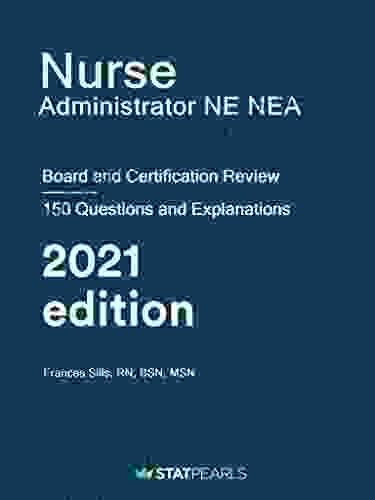
 Ibrahim BlairDelve into the Crucible of Nursing Administration: A Comprehensive Guide to...
Ibrahim BlairDelve into the Crucible of Nursing Administration: A Comprehensive Guide to...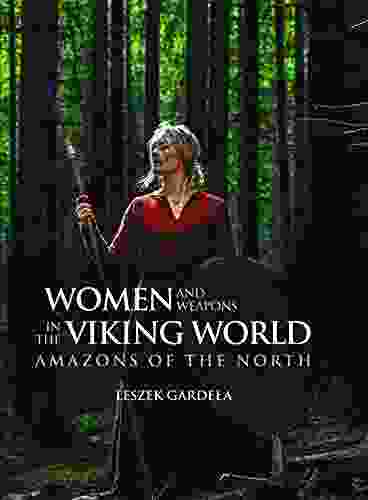
 Melvin BlairWomen and Weapons in the Viking World: Challenging Gender Roles in Medieval...
Melvin BlairWomen and Weapons in the Viking World: Challenging Gender Roles in Medieval...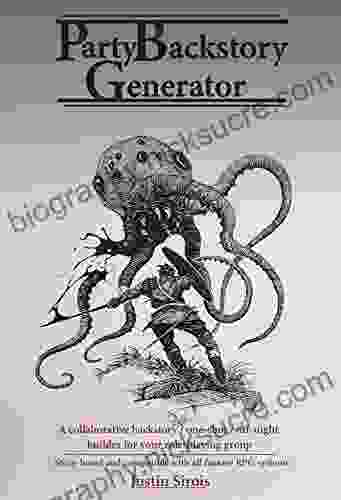
 Henry GreenUnleash Your Imagination: A Comprehensive Guide to Fantasy Roleplaying Games...
Henry GreenUnleash Your Imagination: A Comprehensive Guide to Fantasy Roleplaying Games... Manuel ButlerFollow ·3.7k
Manuel ButlerFollow ·3.7k Dale MitchellFollow ·12.1k
Dale MitchellFollow ·12.1k Mark TwainFollow ·3.4k
Mark TwainFollow ·3.4k Mikhail BulgakovFollow ·8.5k
Mikhail BulgakovFollow ·8.5k Kendall WardFollow ·15k
Kendall WardFollow ·15k Derek BellFollow ·16.7k
Derek BellFollow ·16.7k Harrison BlairFollow ·8.5k
Harrison BlairFollow ·8.5k Dean ButlerFollow ·10.5k
Dean ButlerFollow ·10.5k
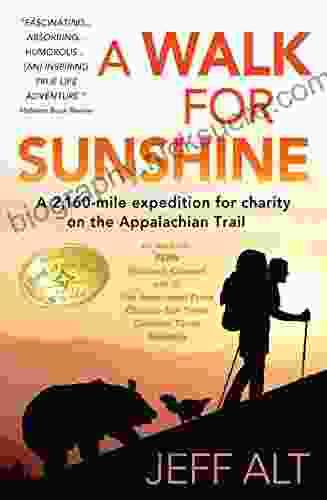
 Israel Bell
Israel BellEmbark on an Epic 160-Mile Expedition for Charity on the...
Prepare yourself for an...
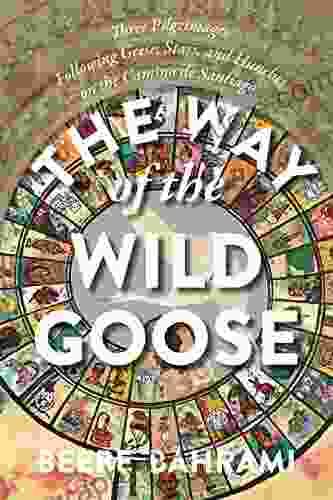
 Josh Carter
Josh CarterThe Way of the Wild Goose: A Journey of Embodied Wisdom...
The Way of the Wild Goose is an ancient...
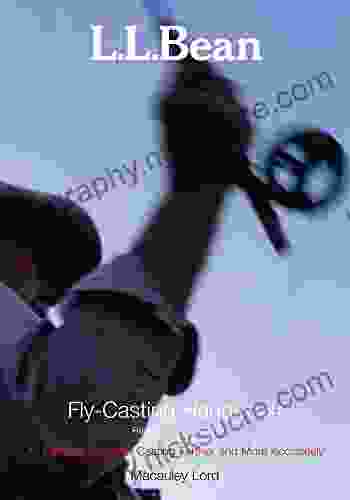
 Allen Parker
Allen ParkerMastering the Art of Bean Fly Casting: A Comprehensive...
Fly fishing,...
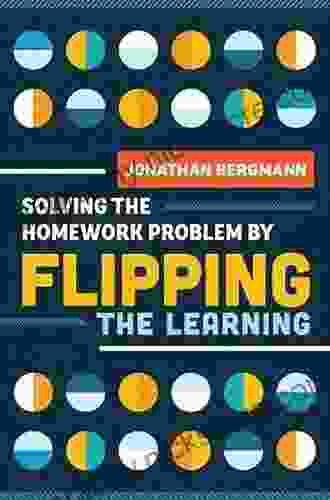
 Aaron Brooks
Aaron BrooksSolving the Homework Problem by Flipping the Learning
What is flipped...
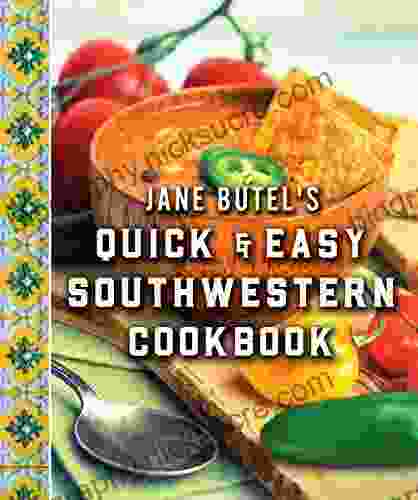
 Fletcher Mitchell
Fletcher MitchellThe Jane Butel Library: A Renewed Source of Knowledge and...
The Jane Butel...
5 out of 5
| Language | : | English |
| File size | : | 1120 KB |
| Text-to-Speech | : | Enabled |
| Screen Reader | : | Supported |
| Enhanced typesetting | : | Enabled |
| Print length | : | 294 pages |


